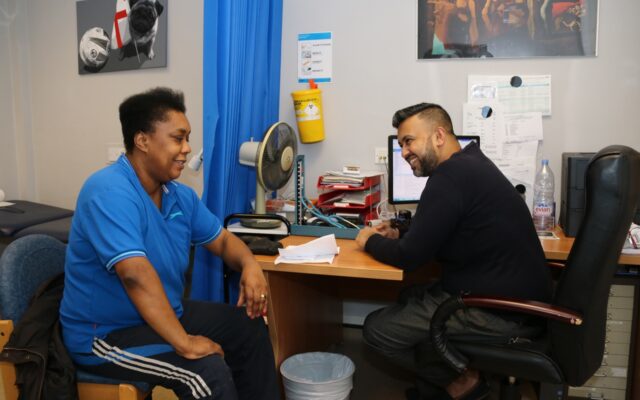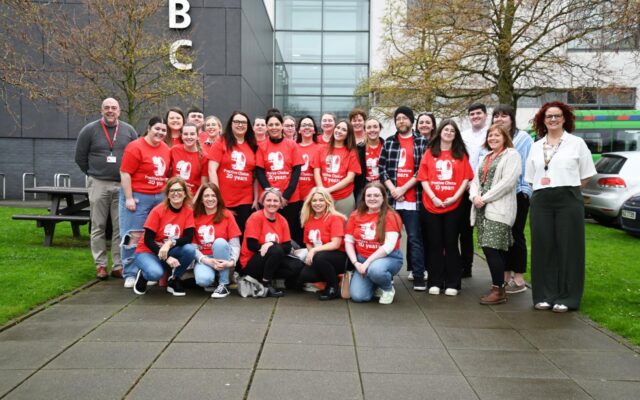It is 10 years since human rights abuses at Winterbourne View were exposed in a BBC Panorama documentary, the NHS England Transforming Care Programme that committed to deliver homes not hospitals has been and gone and a second Panorama exposed further human rights abuses at Whorlton Hall in 2019. Has anything really changed?
For too many people still living in inpatient units and their families, the answer to this question is no. According to NHS data published in October 2020, more than 2,000 people with a learning disability and/or autism were still living in inpatient units, with the number of children and young people (under 18) doubling since March 2015. Over these years, Community Living has spoken with many families with firsthand experience of having loved ones with a learning disability in such inpatient units. They report that one of the most significant barriers to hospital discharge is that the right support has still not been created, and that commissioners often struggle to find solutions for people who need bespoke, person-centred care.
Not having the right housing and support from the outset too often results in predictable and preventable readmissions. However, families have told us that, when professionals listen to people and to their families, people can – and do – live safe and happy lives in the community.
Getting the right support
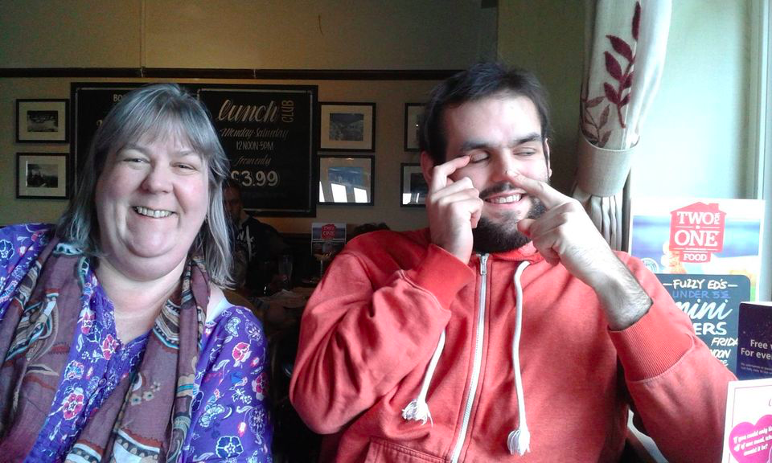
One such parent is Nicola Bartzis, who explains how the right support was built for her son. George was admitted to mental health inpatient units twice, both times because of unmet needs and inadequate provision rather than mental illness. When he was discharged for the first time, he returned to his special school then moved to a residential setting run by the same provider. He had to share with three other young people who also had significant support needs.
It quickly became clear that the provision was not right for him. His behaviour became distressed and his epileptic seizures increased. More and more concerned for her son’s health and wellbeing, Nicola began to research if he could be supported in his own home and found herself jumping through hoop after hoop. She first had to apply to become George’s financial deputy so she could set up his tenancy. It then took several years to find and set up his home, going through social housing criteria and bidding processes, and fighting for him to `moved up the waiting list.
In the meantime, George’s situation and health continued to deteriorate. As his distress increased, he was subjected to increasing restrictive practices. “They restricted his environment. Everything he broke would just get taken away. It just became more and more restrictive,” says Nicola. “The doors became locked. At one point, he was in the downstairs toilet and that door was locked… [Staff] would be three locked doors away from George. So, if he had a seizure, they would be completely unaware. Things like that were happening on an almost daily basis.” Then, out of the blue, George was given notice to leave the care home before Nicola had been able to secure the right housing to meet his needs or find a new care provider. It became a race against time.
Thankfully, she was able to organise George’s tenancy in a two-bedroom housing association property, a new build that could be adapted to his needs from scratch and only three miles from the family house. The next hurdle was finding a suitable care provider. The social worker stepped in and reassured Nicola that the provider she had identified was very experienced and had been working in care for a long time.
However, it immediately became clear that they lacked the skills George so clearly needed. They were out of their depth and did not understand autism or how behaviour communicates unmet need.
Emergency admission
One day, shockingly, while Nicola and George were out on a trip, the care team just walked out. The regional manager turned up and insisted George needed to be sectioned. A mental health assessment was carried out and, when the ambulance that had been called was re-routed to another call, Nicola was left with no option other than to take him to hospital herself to avoid the police transporting him there.
This was a traumatic experience she will live with for the rest of her life: “It was just horrific to have to do that and to leave him there… with people he didn’t know in a setting I knew wasn’t right for him.” In the inpatient unit, it came to light that George’s extreme distress had been caused by a physical condition – gallstones – a known side-effect of the epilepsy medication he was taking.
A different approach
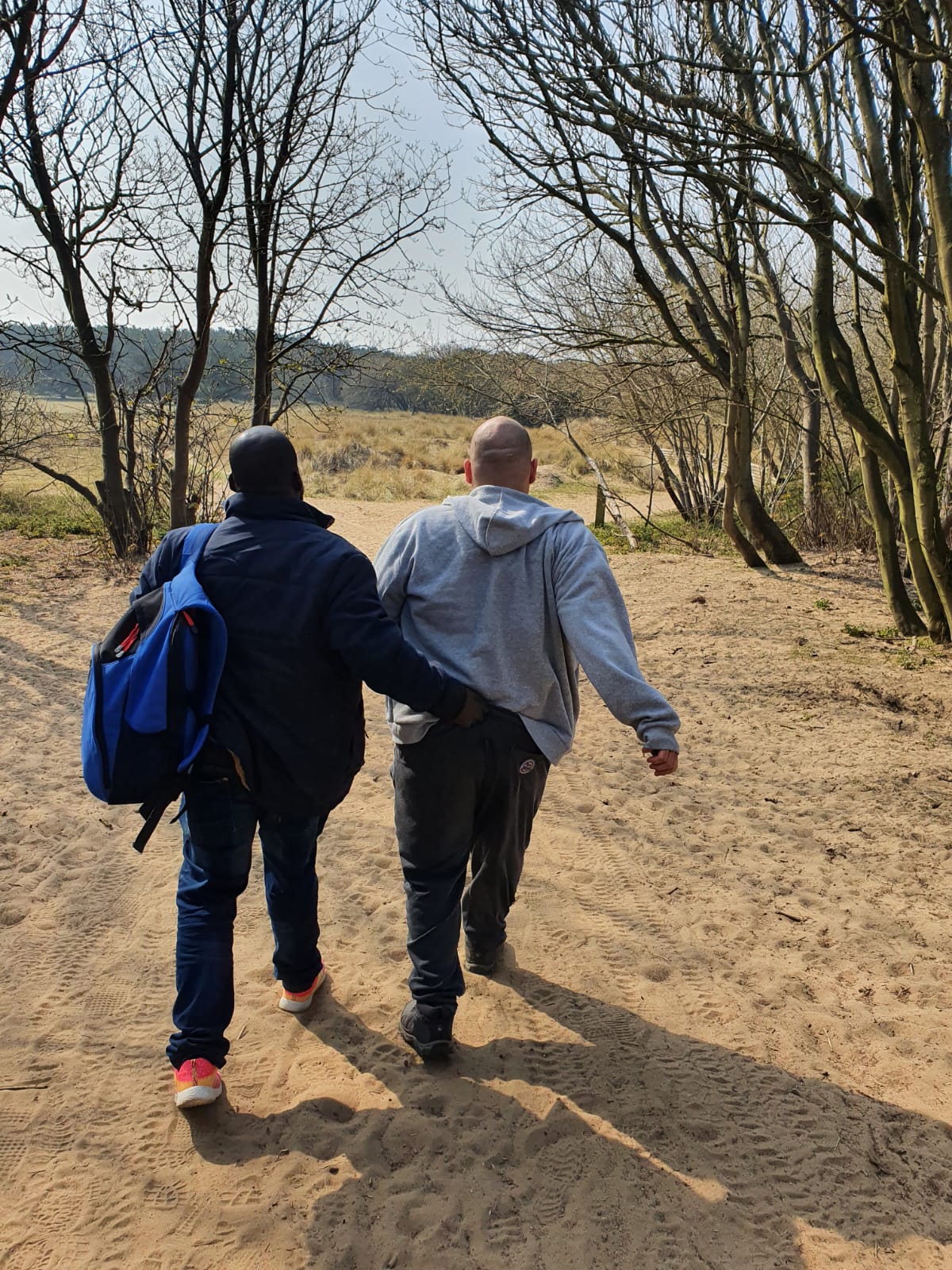
As George’s discharge from hospital was being planned, Nicola once again struggled to find a new provider that could support his needs and with the values she was looking for. Sugarman Healthcare was suggested by a helpful commissioner. Nicola found herself having to persuade the senior leadership in the organisation to go out on a limb. Initially, they were not keen, but the local house manager was willing to think out of the box and beyond the company’s usual care provision.
The challenge then became how to support George to recover from the restrictive practices to which he had been subjected in the inpatient units. The inpatient hospital’s multidisciplinary team were insisting that George’s community care should replicate their medical model approach. His responsible clinician insisted on 5:1 support: three staff inside and two in a car outside. Nicola challenged this: “What would these five people do during an incident? How would they help?” Undeterred, Nicola worked hard with the new care provider to persuade the hospital there was a better way. Speaking with them directly made a huge difference. Nicola could talk openly with the care manager about how different George was from how the clinical team described him. She explained how he was presenting in the hospital and why, including the traumatic impact of the restraint and seclusion.
The manager listened and George’s life is now very different. He is in his own home. He has 3:1 support and waking night support. Nicola explains how she and George’s provider work together. “It’s having that provider that will go that extra mile, that will listen to what I’m saying to them… The provider knows my values so they know who I would or wouldn’t accept,” she says. “But, generally, I don’t have a say in who they employ. And I think that’s probably right for me. It’s a bit of a balancing act. They are an organisation – they are responsible for the hiring and firing. And I want it to stay that way.”
Nicola explains how important getting the balance right is to George’s care being sustainable. She recognises her priority is George but that her provider needs to follow laws and regulations and satisfy the Care Quality Commission. “My focus is completely on George and his wellbeing,” she says. “That’s one of the reasons why I went for a provider, rather than direct payments and employing people myself directly. I don’t want to be part of managing that team because, if you are one step away from them, that means when things are going wrong, it’s a lot easier.”
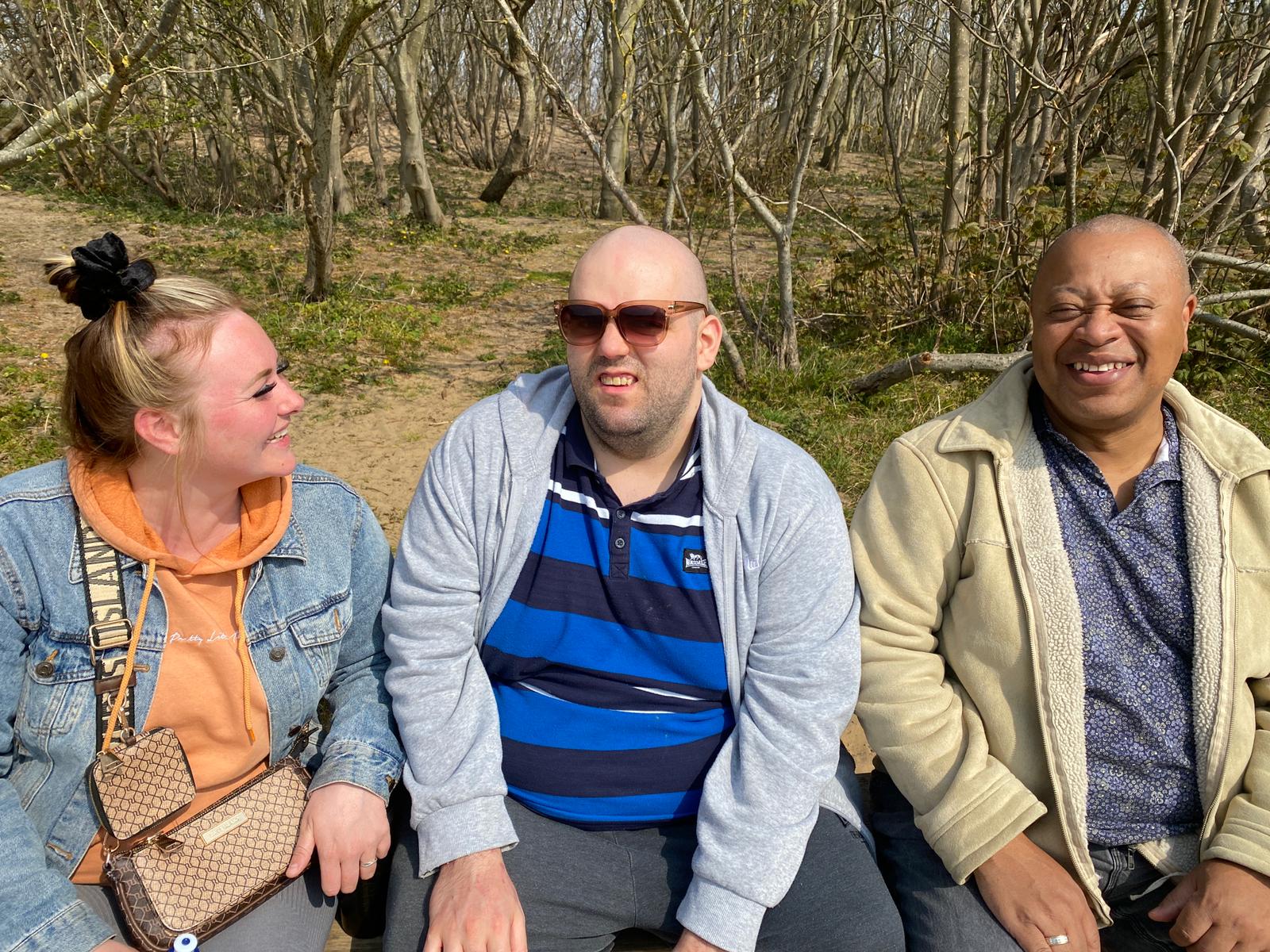
Nicola explains that having a care team with the right values has been fundamental to the success of George’s care. “Some of it can be taught, like awareness of what he might be thinking or something that’s more George specific. But it’s that basic level of seeing them as human beings and having that empathy, and wanting to them to have a good life. That’s something that you either have or you don’t have.” She explains how they have had life changing effects: “If you meet his needs, life is so much easier for him and for everybody supporting him… Let him do what he wants to do in his own home – because he has those rights as a citizen. And just support him to do what he wants to do.” Now he has the right support, George feels safe and happy. As Nicola says: “You can see it in his body language. He’s relaxed. He’s still got left-over trauma, which you have to deal with, but the staff are really understanding.”
For Nicola, the right support for George was encapsulated on a day trip with his care team: “There’s a support worker who’s been with him from day one – the only one who has been with him for the whole two and a half years. “George has got a favourite pair of trousers that he wants to wear all the time. They have been washed so many times the elastic’s gone… George was so desperate to wear these trousers. And the staff member just was holding his trousers up at the back. Those are the values that you can’t pay for. They just do it without thinking.
Now George is settled, Nicola has been able to go back to work. She is not spending all her time and energy fighting the system and this has enabled her to help others. She is not only a parent carer but also an advocate, a care treatment review expert by experience and a member of NHS England’s learning disability and autism taskforce’s independent oversight board. She sits on her local learning disability partnership board. Developing the right support for George has brought benefits for his care providers too. The manager who helped him have a home not a hospital is now head of complex care at Sugarman and George’s care has become the blueprint for care packages for people with similar needs.
Nicola’s final thought will resonate with many: “I feel incredibly lucky that George is just up the road from me… But this should be the norm. My life’s work has been getting George the right support in the right place. But it shouldn’t be. Because there are so many people who are in the system, are paid by the system, to do that work. “All these fat cats we see in the press are being paid so much money, but the people who do the real work are the parents.”



